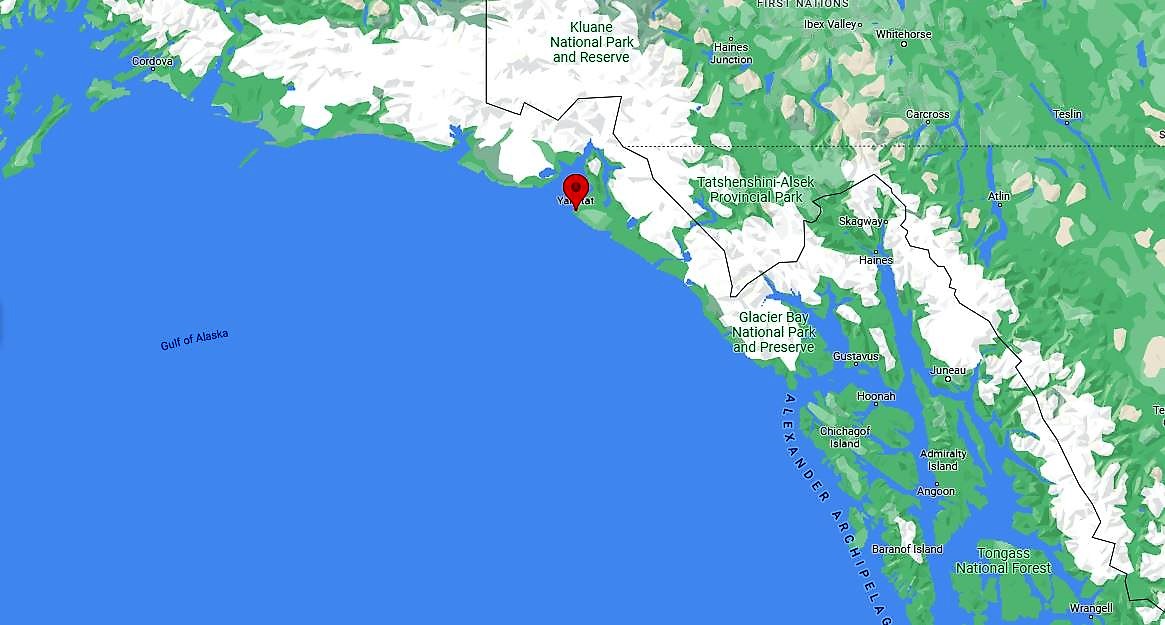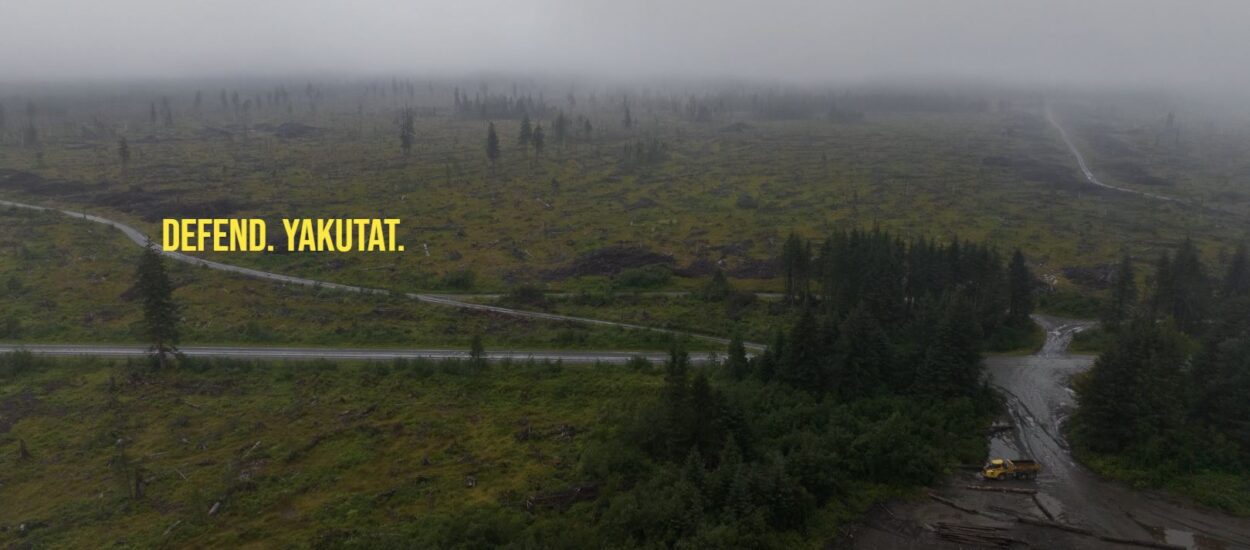
The village corporation in Yakutat has been ordered by the State of Alaska to change the way it runs shareholder elections. As CoastAlaska’s Angela Denning reports, this comes after two years of conflict over logging in the Southeast Alaska community–with the corporation on one side and many shareholders on the other.
The State of Alaska fined Yakutat’s village corporation, Yak-Tat Kwaan, $500 for violating election requirements that mandate annual financial information must be provided to shareholders. The state’s Banking and Securities Division regulates Alaska Native corporations that have over 500 shareholders and assets of over $1 million. The Division of Banking and Securities has ordered the village corporation to release its 2021 financial information. The division also voided the proxy votes from the last election. Proxy votes are from shareholders who cannot attend the annual meeting in person.
A few years ago, Yak-Tat Kwaan had a dream to bring money to its shareholders. They would log their land, sell the timber, and use the equipment to start up new business ventures, like clearing land for homes. So, the board of directors created the company, Yak Timber.
Shari Jensen is the corporation’s CEO.
“For us, it’s also about trying to sustain this community for the for the future of what’s going to be coming our way here very soon,” Jensen said, “which is that there won’t be affordable land; there won’t be homes available for our shareholders.”
Yak-Tat Kwaan officials haven’t spoken publicly until now. But Jensen says she wants to clear the air.
The village corporation was created in the 1970s — like others around the state — through the Alaska Native Claim Settlement Act. It’s a for-profit business charged with making money on its land resources to pay dividends to shareholders.
Logging ventures in Southeast are uncommon these days. Other Alaska Native corporations have moved to carbon credits as a way to make money off their forests. Companies here or in other states pay the corporations to keep their trees intact. The intent is to offset some of the greenhouse gases the purchasing company emits.
Jensen says Yakutat’s corporation decided against carbon credits because their land would be tied up for decades and logging would be more profitable.
“We felt that the timber was a renewable resource, that would still allow – in 110 years, you would have two generations of growth,” Jensen said. “And we just felt that the value in that was way higher than what you would get for carbon credits.”
But many shareholders disagreed. The pushback was so strong that Yak Timber announced in October that it would dissolve.
“At the very get go, many of the shareholders said we don’t want logging industry in Yakutat,” said a shareholder who did not with to be identified.
CoastAlaska spoke with several shareholders who didn’t want to go on record. The above shareholder didn’t want to be identified for fear of legal repercussions. Some shareholders have been named in a defamation lawsuit by the CEO of the logging company, Marvin Adams.
Shareholders who are opposed to logging are part of a watchdog group called, Defend Yakutat. The group formed in 2020 as a way to share information they thought the corporation was withholding. They don’t support logging as an economic future.

“I think people use Yakutat to get away. And seeing the clear cut and seeing the destruction around town, it’s just not good for ecotourism,” the shareholder said. “It’s not good for the independent traveler that wants to be lost in the wilderness that is Yakutat.”
But it goes deeper than aesthetics. Shareholders say it’s about community health and teaching the youth place-based learning.
“It’s important for our kids in the community to go out into the old growth forests and touch the trees that our ancestors did, walk between trees that our ancestors did, follow the game paths that our ancestors did,” said the shareholder.
Martha Mallott is a shareholder descendant in the process of getting her own shares. She says she’s not surprised the state investigated Yak-Tat Kwaan.
“Because they are doing business illegally by not providing financials and not providing information to the shareholders but also not following the annual meeting guidelines,” she said.
The state’s order demands the Yak-Tat Kwaan’s 2021 financial information be released and the proxy votes be voided.
Mallot and others have accused the corporation of using the state’s order as an excuse to postpone another annual meeting and avoid releasing financial information. Yak-tat Kwaan postponed last year’s meeting from November until April. But in April, there was no quorum. It’s likely that the makeup of the board would change with another election, says Mallott.
“I think that they are stalling and trying to find excuses,” she said.
But CEO Jensen says they postponed the 2021 meeting because of Defend Yakutat.
“The misinformation was piling up,” she said.
The corporation postponed its annual meeting and held what it called informational meetings in Juneau, Anchorage, and the village.
“Because of all the misinformation out there, that it caused us to postpone it so that we could get the right information out,” Jensen said.
Now, Jensen would like to focus on healing. She says she thinks that’s possible when logging is no longer in the picture.
Yak Timber plans to sell all of its logging assets in Seattle.
Some shareholders are skeptical the profits will pay off the millions the company owes in loans. A Ketchikan contractor filed a lien Oct. 19 against the Yak Timber for $32,000.
Jensen says the corporation isn’t worried about the lien and will be able to pay off all its loans.
She says they’re appealing the state’s order and the outcome of that appeal will determine the corporation’s next move.










